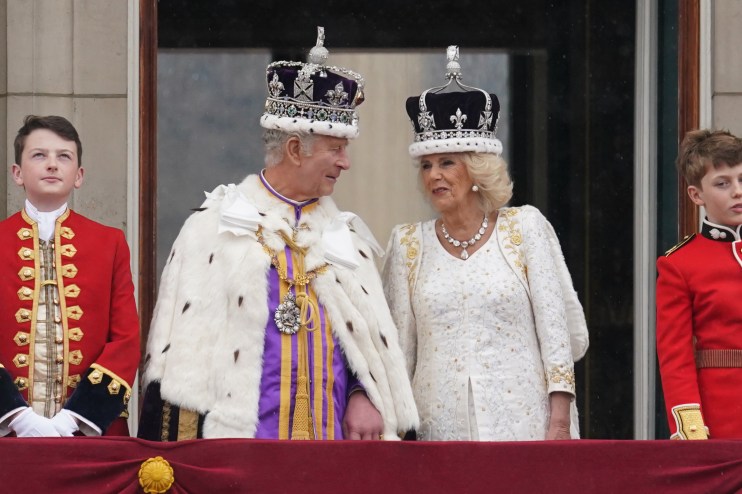King’s Speech: What to expect from the State Opening of Parliament?

King Charles will make his first King’s Speech in Parliament on Tuesday as he outlines the government’s legislative agenda for the next year.
The historic moment will mark both the King’s first State Opening of Parliament as monarch, and Rishi Sunak’s first such state occasion as Prime Minister.
And, as an election must take place before January 2025, the next year could – if the polls prove correct – be the Conservative Party’s last chance to dictate lawmaking for some time.
City A.M. takes you through what we can expect to see from this week’s King’s Speech…
1. Leasehold reform
Housing minister Rachel Maclean has confirmed measures to phase out leasehold home ownership will make up part of the King’s Speech.
The government has promised to redesign the system in England and Wales, which can leave some homeowners trapped by significant maintenance costs.
It is expected to ban the ownership model for new homes and alter standard extensions to 990 years, up from 90 years, but is not expected to scrap leaseholds on new flats.
Maclean posted on X: “We will restore true home ownership to millions of people and end the reign of rip off freeholders and incompetent profiteering management companies.”
2. National Grid upgrades
When Sunak outlined his vision for the UK’s path to net zero, in September, he stressed the difficulties businesses and infrastructure projects face getting connected to the National Grid.
New energy security secretary Claire Coutinho would “shortly” deliver reforms, he promised.
Now campaigners are keen for proposals to upgrade the network and make it easier to connect to feature in Tuesday’s speech.
The British Chamber of Commerce last week urged ministers to “ensure that there is sufficient capacity and flexibility to deliver energy needs fit for net-zero”.
3. Self driving vehicles
Developers of self-driving vehicles and insurers are in line for more clarity on the UK’s plans for regulating the nascent autonomous vehicles sector.
According to media reports, a narrowly defined bill will be included in the King’s Speech after clearance from the Department for Transport (DfT).
It follows months of calls from developers and insurers, who are concerned that Britain risks falling behind international competition, with any further legislative delay likely to deter investors.
City A.M. reported in May that insurance giant Axa had written to Chancellor Jeremy Hunt, urging the government to create a regulatory framework for self-driving cars or face a “messy middle” ground where liability is unclear.
Backers of the technology believe the UK is uniquely placed for leadership in an industry which could be worth £750bn globally by 2035, but only if it gets its act together quickly.
4. New oil and gas licences
The government confirmed on Sunday it would mandate annual oil and gas licensing, subject to environmental tests, as part of the King’s Speech.
New legislation will require the North Sea Transition Authority (NSTA) to invite applications for new production licences on an annual basis, in a bid to use homegrown energy as the UK transitions away from fossil fuels, rather than importing from overseas.
Sunak said the speech was focused on long-term decisions, adding: “Domestic energy will play a crucial role in the transition to net zero, supporting jobs and economic growth, while protecting us from the volatility of international markets and diversifying our energy sources.”
Coutinho added: “Rather than import dirtier fuel from abroad, we want to give industry certainty to invest in jobs here and unlock billions of pounds for our own transition to clean energy.”
5. Transport
There is speculation that the King’s Speech could announce changes to the Zero Emission Vehicle (ZEV) mandate, which is set to impose fines on automakers who don’t sell enough green vehicles.
Rishi Sunak announced that he would push back the 2030 phase out date of new petrol and diesel cars (ICE vehicles) to 2035 in his net zero speech in September.
This has led to reports that the government could introduce amendments to the ZEV mandate’s tough rules, which will come into force at the turn of the year, like weaker targets or exceptions for e-fuels.
The King’s Speech could also include other transport measures, like making it harder for local authorities to introduce 20mph zones, schemes like ULEZ, low traffic neighbourhoods and 15-minute cities.
The government has been looking to introduce ‘pro-motorist’ policies since Labour’s surprise loss at the Uxbridge by-election, pinned on the Mayor of London’s plans to expand ULEZ across the capital.